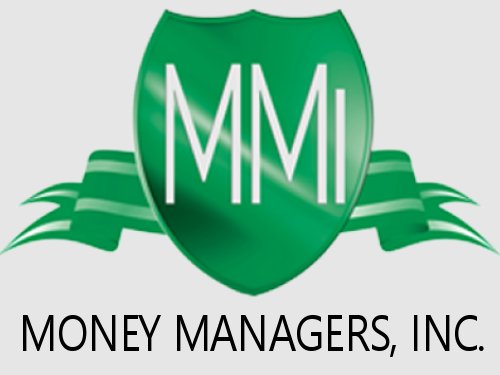Six questions to contemplate before the transition.
Presented by Marc Aarons @ Money Managers Inc.
Do you see yourself retiring in the near future? In planning for that transition, you might want to consider the state of your mortgage, the state of your property taxes, and the state of your living quarters.
Could you pay off your mortgage in the next few years? If your home is paid off, great. If you are close to paying it off, think about putting whatever extra cash you can spare toward your home loan. (Not money from your retirement accounts, of course – funds from other sources.) If your mortgage balance is just too big to pay down, you can always attempt to refinance. If you can, structure your loan so that you can pay it off in what will presumably be the first part of your retirement.
Are you paying too much in property taxes? Did you know that many cities and counties make an effort to lower property tax rates for homeowners older than 65? Call or visit the office of the assessor or recorder where you live. Ask about this, and see if you qualify. Even if you don’t, by doing some online research (or gently asking a neighbor or two) you might discern that your property tax rate is too high. You can officially appeal it on your own (there are commonly forms available at city halls and county offices) or with the assistance of a real estate professional.1
What needs to be done to your residence? Wouldn’t it be nice to have a home with a yard requiring less upkeep as you age? How about a home you can safely get around in? Landscaping changes and the installation of certain senior safety features can be well worth the expense. It is wise to arrange home improvements while you are still salaried.
Should you sell your home? Some retirees are moving out of big homes into smaller quarters – yes, even in today’s market. Is that really worth doing?
While the answer to that question will vary per homeowner, some real estate analysts and financial industry professionals believe downsizing in this market may be worth it for many retirees. While home equity has diminished since 2006, they contend that it could take several more years for home values to return to anywhere near those levels – economic conditions in this decade may not create the kind of “sweet spot” the market benefited from in the 2000s.2
If you wouldn’t buy your home today because of financial, neighborhood or family factors, that is a signal that you might want to consider downsizing.
Should you take in a renter? Let’s say you love your home and you are thinking about deriving more income from it. You could optionally rent a room, a furnished basement or a guest house to … your kids, or a graduate student, or a senior living alone. Income aside, do you have a mom or dad who requires help with everyday living? It may be emotionally and even financially appropriate for that parent to move in with you.
Should you get a reverse mortgage? While the Consumer Financial Protection Bureau released a dismissive report on reverse mortgages this summer, these financial instruments may come in handy for many retirees in the coming years.3
You may be familiar with the arguments against them – their mechanics are too complex to readily understand, one spouse may not absorb all the details as well as the other spouse, people are increasingly taking them out at younger ages and sometimes using the funds for investment purposes. All that said, less than 3% of eligible homeowners arrange them.3
The size of a reverse mortgage relates to three factors: the value of the home, the age of the borrower and the interest rate on the loan. HUD-insured reverse mortgages are available to homeowners older than 62 who have either paid off their primary residence or can easily do so via the loan.3
An income stream can result from reverse mortgages (for as long as the borrower remains in the home, of course). A lump sum or a HELOC is also possible. While the marketing of these financial instruments still leaves much to be desired, you may want to examine the option as you retire.
Marc Aarons may be reached at 714-887-8000 or MARC@OCMONEYMANAGERS.COM.
WWW.OCMONEYMANAGERS.COM
Citations.
1 – www.bankrate.com/financing/retirement/get-your-home-ready-for-retirement/ [7/12/12]
2 – www.cnbc.com/id/46311497/Christakos_Getting_Ready_to_Retire_Start_by_Rightsizing_Your_Home [2/8/12]
3 – blogs.smartmoney.com/encore/2012/08/07/reversing-the-negative-view-of-reverse-mortgages/ [8/7/12]
This material was prepared by MarketingLibrary.Net Inc., and does not necessarily represent the views of the presenting party, nor their affiliates. Marketing Library.Net Inc. is not affiliated with any broker or brokerage firm that may be providing this information to you. All information is believed to be from reliable sources; however we make no representation as to its completeness or accuracy. Please note – investing involves risk, and past performance is no guarantee of future results. The publisher is not engaged in rendering legal, accounting or other professional services. If assistance is needed, the reader is advised to engage the services of a competent professional. This information should not be construed as investment, tax or legal advice and may not be relied on for the purpose of avoiding any Federal tax penalty. This is not a solicitation or a recommendation to purchase or sell any investment or insurance product or service, and should not be relied upon as such. All indices are unmanaged and are not illustrative of any particular investment.

Comments are closed